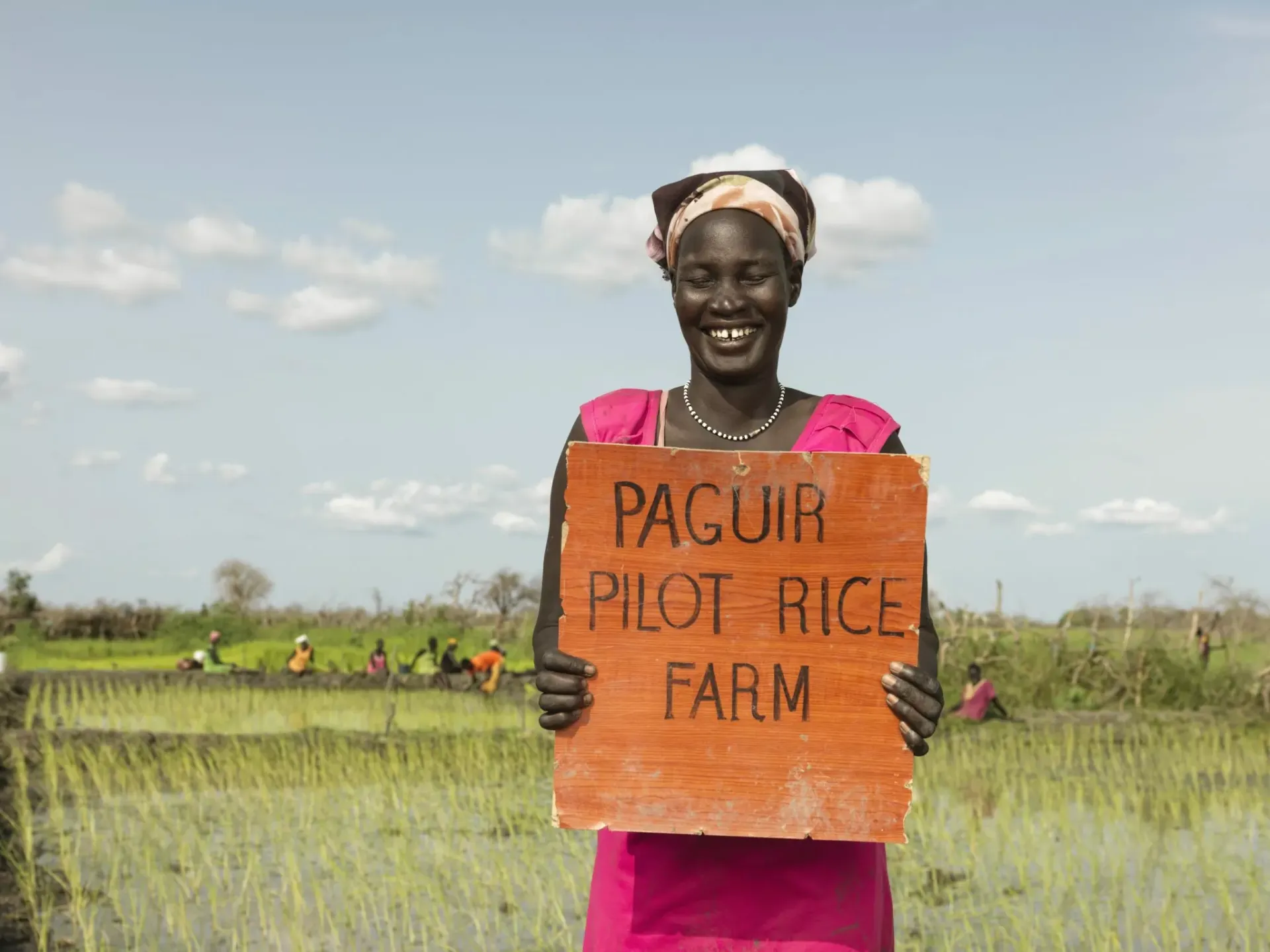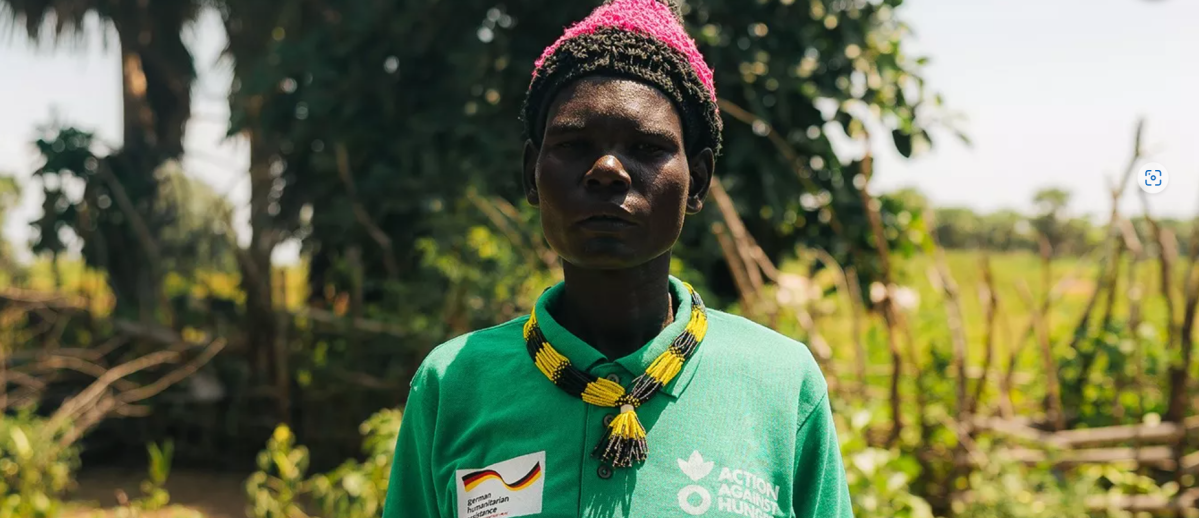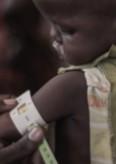
Humanitarian context
The country is suffering from a growing economic and humanitarian crisis following the conflict in neighbouring Sudan, from which more than 2,000 people are estimated to flee every day crossing into South Sudan, a country where more than half of the population goes hungry and systems are poorly equipped to manage influx.
Although many are Sudanese refugees, approximately 91% of the new arrivals are South Sudanese returnees, who have left their country and have had to return but are not eligible for international refugee programs, this increases the challenge facing the country in providing shelter and services to these people.
In 2022, 9.4 million people needed humanitarian aid in South Sudan, as many as 76% of the population. More than half of the country suffered from acute food insecurity and an estimated 1.4 million children under five years of age will suffer from acute undernutrition in 2023. 59% of the population throughout South Sudan did not have access to clean and safe water.
Despite increasing needs, humanitarian funding continues to decline, leaving huge gaps unfilled.
BENEFICIARIES
workers
water, sanitation and hygiene
NUTRITION
EXPATRIATES
NATIONAL
Our activity
In South Sudan, Action Against Hunger worked with local partners to launch a care groups project, which helps caregivers improve the health of their families. Our mobile teams added primary care services to nutrition outreach services in remote communities. We also work with the Ministry of Health to help immunize children and provide maternal health services at our nutrition centres.
In flood-affected areas, we expanded our smart climate-focused programs, which consisted of installing flood-resistant hand pumps to prevent contamination of water sources or using alternative energy to power motorized water points. By introducing rice as a new crop and creating floating orchards, our teams also helped communities adapt.
To promote peace and empower young people, we support youth football programmes and employment projects. With our partners, including UNICEF and the South Sudan Ministry of Health, we launched a new research project to prevent gender-based violence.
WHERE WE HELP
We help 24.5 million people each year. We work in 55 countries in Africa, Asia, Latin America and Europe, those most threatened by hunger.
EYEWITNESSES
NYAGAI: "IN THE FUTURE, I WILL BE ABLE TO USE THIS EXPERIENCE TO DO SOMETHING FOR MYSELF."
In South Sudan, rice production has become a climate change adaptation and empowerment tool for women in the community, who learn to plant and cultivate rice for their livelihoods and those of their families.
Nyagai Malual is one of the women who moved to Paguira because of the floods. Nyagai arrived in September 2021 after desperately paddling for three days in a small canoe with her three children huddled inside. Arriving in Paguir, Nyagai was surprised to see the prosperity of the rice fields, a crop she had never seen before.
At that point, Nyagai immediately realised the enormous opportunity that rice represented and joined the innovative rice farming project as one of the first women involved. "God closed off the path to growing sorghum and maize, but opened the way to grow rice," says Nyagai.
In a short time, the Paguir rice project has transformed the entire community and changed the future of many women. "It's hard work, but even if we stay here from morning until tonight, I won't get tired because I need to gain experience and learn more. In the future, I will be able to use this experience to do something for myself," Nyagai explains hopefully.


